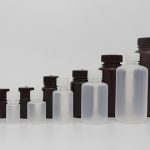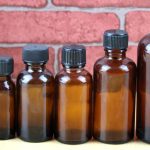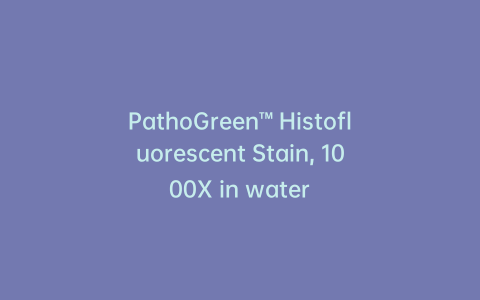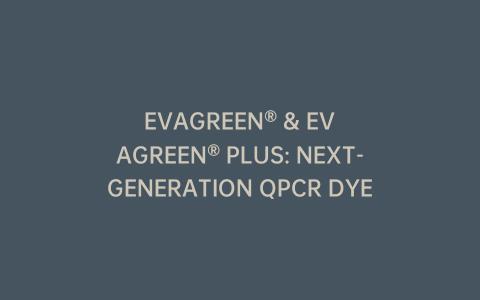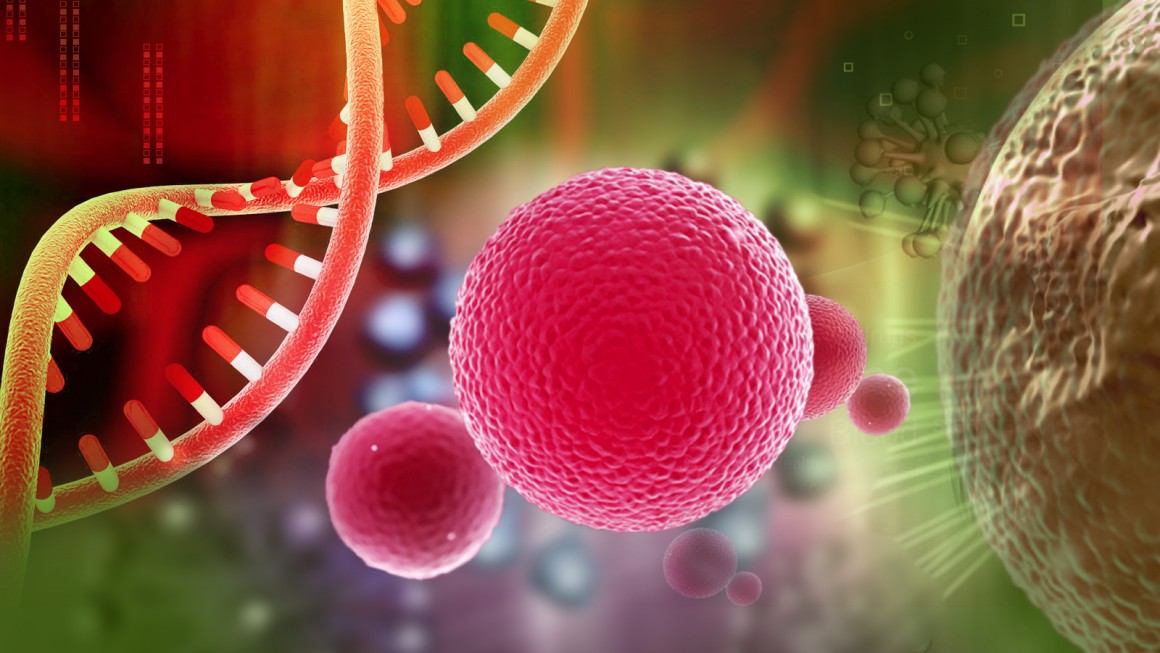The short peptides derived from tumor are identified by the CD8+ T cell receptors to kill cancer cells. As the short peptide epitopes are easy to produce, they theoretically enable CD8+ T cells to fight against major histocompatibility complex I (MHC-1) antigen which bear target cells. Although the method was originally designed to kill cancer cells, they did not produce the expected result in clinical studies.
One reason why this method did not produce significant result is that the peptide-based vaccines cannot generate sufficient antigen-specific CD8+ T cells. In order to improve the peptide-based cancer vaccine system, several systems have been studied, including self-assembled nanoparticles, nanodiscs and liposomes. Liposomes have become a well recognized system due to their good tracking record in pharmaceutical products and high biocompatibility. Peptides can be loaded into liposomes by encapsulation, covalent binding, non-covalent binding or various other methods.
Researchers are interested in the cobalt porphyrin-phospholipid (CoPoP) as it can bind peptides bearing polyhistidine-tags (his-tag). The binding is spontaneous that produces antigen nanoparticles with stable serum. The metal center of CoPoP is exposed to water 20 times less than that of headgroup-functionalized metal-chelating lipids. By mixing with diverse pathogens, such as malaria parasites, Lyme disease bacteria and SARS-COV-2, the nanogram amount of antigens delivered through CoPoP liposomes can contribute to functional antibody responses.
Researchers prepared liposomes using CoPoP and the adjuvants PHAD together with QS-21. The function of CoPoP is to induce the formation of spontaneous particles, PHAD is a toll-like receptor-a agonist, and QS-21 plays a supporting role due to its ability to bind with cholesterol. These liposomes are capable of inducing the stable short peptide particle formation and antigen specific CD8+ T cells to inhibit tumor growth in mouse models.
The liposomal formulation works by promoting the permeation of antigen presenting cells (APCs) into the draining lymph nodes, increasing the efficiency of short-peptide delivery to APCs and releasing the short-peptides for binding MHC-I. The adjuvanted CoPoP liposomes were proven to reject multiple types of tumor cell lines with enduring immunity. In addition, the study demonstrated that the key to the whole process is the formation of stable particles. Liposomes are not able to induce any immune response without the cobalt and its ability to form stable particles.
